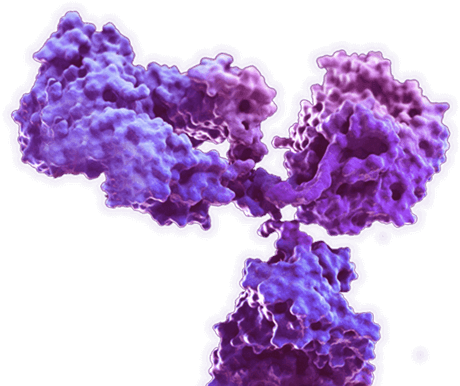Ar.A4 clone competent cells (MOFY-0822-FY543)
Cat: MOFY-0822-FY543
Certificate of Analysis Lookup
To download a Certificate of Analysis, please enter a lot number in the search box below. Note: Certificate of Analysis not available for kit components.
Lot Number
To download a Certificate of Analysis, please enter a lot number in the search box below. Note: Certificate of Analysis not available for kit components.
Lot Number
| Size: | |
| Inquiry |
- Specifications
- Properties
Specifications
| Description | A. rhizogenes is a Gram-negative soil bacterium of the genus agrobacterium of the family Rhizobiaceae, which is capable of infecting most dicotyledonous plants and a few monocotyledonous plants as well as individual gymnosperms. The Ar.A4 Agrobacterium rhizogenes strain contains an Agrobacterium-type Ri plasmid, has a broad host range (maize, tobacco, carrot, licorice, etc.), and is resistant to kanamycin. |
| Gene Types | Agrobacterium rhizogenes (kanR ) Ar A4 Ri (agropine type) |
| Size | 100 µL/vial |
| QC result | Transformation efficiency of pK7WGF2 plasmid detection:>104 cfu/μg DNA. |
| Note | 1. When the plasmid is added, the volume should not be greater than 1/10 of the competent volume; if the plasmid is impure or there is organic pollution such as ethanol, the transformation efficiency will drop sharply; if the plasmid is doubled, the transformation efficiency will drop by an order of magnitude. 2. When mixing the plasmids, use your finger to quickly tap the bottom of the tube or blow and suck with a gun to mix the plasmids. Make sure that the plasmids are dispersed quickly and evenly and fully contact with the competitive cells. Transforming high concentrations of plasmids can correspondingly reduce the amount of bacteria that are ultimately used for plating. 3. When the density of positive clones on the plate is too large, due to insufficient nutrition, the growth of positive clones will slow down and the colonies will become smaller. In order to obtain large colonies, the amount of plasmids or the amount of bacteria on the plate should be reduced. 4. Ar.A4 has kanamycin resistance and cannot be used for the transformation of kanamycin resistance plasmids. |
Properties
| Shipping | Dry ice |
| Storage | Store at -80 °C |
| Handling Advice | Immediately upon receipt, cells were transferred from dry ice to -80°C refrigerator. |
Related Products
| MOFY-0822-FY542 | Ar.A4 electro competent cells (MOFY-0822-FY542) |
For Research Use Only | Not For Clinical Use.
Online Inquiry


